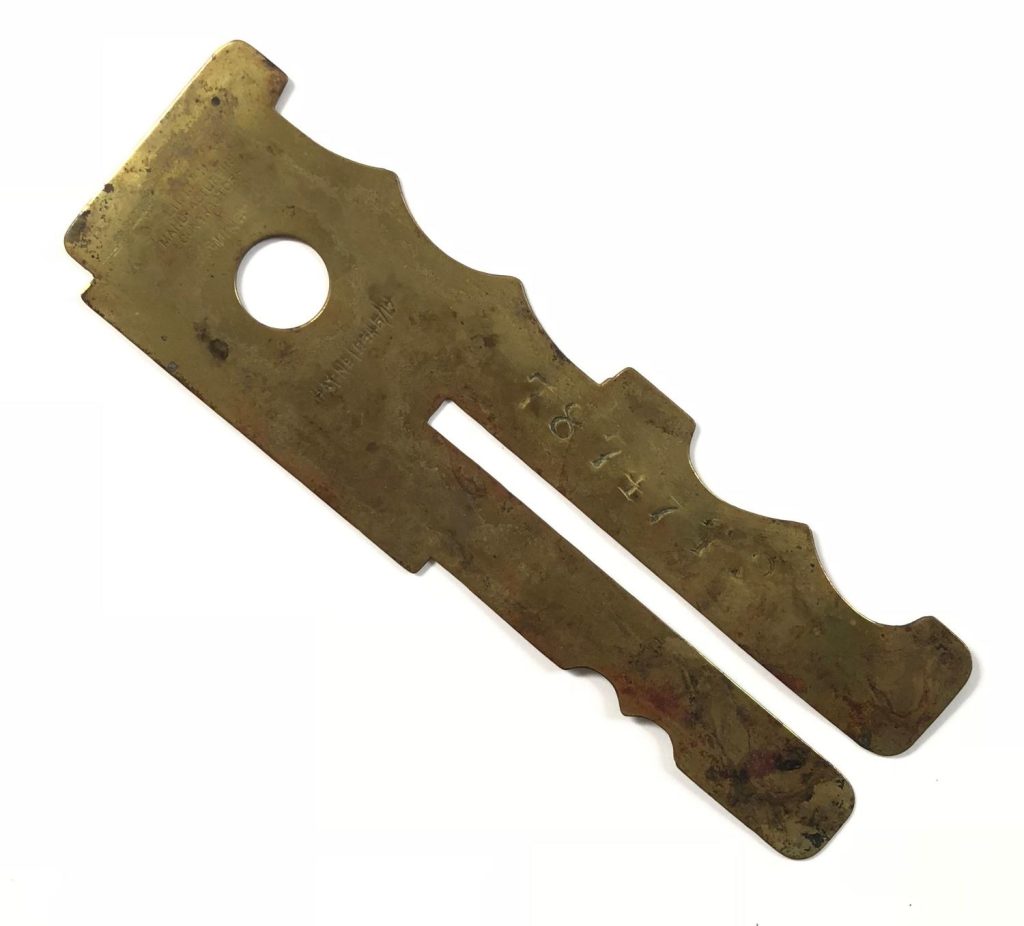Below is a memory of Mrs M Scholes of Stansted from a publication of memories of Essex People, When I was a Child (1985). It is a children’s memory of the First World War and I found it really interesting the view point a child would have on the conflict.
We were a family of five children living in Surrey on the edge of an open common. Life seemed to go on quite normally for us until 1916, when my Father was called up. Before that year I can only remember taking part in a school concert which we gave for wounded soldiers. I was rather intrigued by all those men being dressed alike in bright blue suits with white shirts and red ties, but I am sure I had no conception of why they were there, or how they came to be wounded. I knew the war was in France, and that they crossed the English Channel to get there, and that they lived in muddy trenches, but that was another world. From time to time we heard booming noises and we were told that they were the guns in France.
The day came when my Father had to go. My Mother was terribly distraught and the bottom seemed to fall out of life in the home. But it was August and summer holidays from school.
We went out looking for dragon flies and stag beetles, newts and frogs and toads as usual. It was only at night that we realised that things had changed. My Father came home at first in mufti and said that he had been marching somewhere in London all day, but after a few days he came home in khaki with horrid putties wound round his legs, a greatcoat which was too long for him and a nasty peaked cap over his eyes. He had lots of brass buttons which had to be polished without getting white stuff on his coat. The Army gave him a button stick to do this, which we children thought was very cute.
He did not come home for long. He was sent to Aldershot and only came home on leave after that. We settled down to wait for the postman every morning.

Both my parents were great gardeners. We grew all our own fruit and vegetables and I my mother taught us older children to weed and hoe and harvest the crops, so that all would be in order when Father came back.
My father was sent to France in March 1917, and we began making up parcels of things he liked. I had to take them to the Post Office about one mile from our house. I had just learnt to make a Yorkshire parkin so this had to be included. I can remember my mother making a sort of chocolate from cocoa butter for the parcel. It was poured into tin lids to set. We never knew what happened to these parcels as, in May 1917, my father was reported missing and that was the last we heard of him.
During those three months, we children used to go to the bedroom window when we knew that the postman was coming down the road, so as to be the first to report that there was a letter from Dad. Unfortunately it never came. My mother advertised for information in the Territorial Gazette. I can remember a soldier coming to see us and saying that he was with my father when he was shot in the face. My mother always seemed very sceptical about this and so we never felt we really knew what had happened. We cannot be surprised when we read the terrible history of those battles today.
I can remember a night when we looked across the sky, and saw the Zeppelin coming down in flames over Potter’s Bar. I asked my mother if there were men in it. When she said that there were, a chill horror came over me, a horror that remains with me to this day, man’s inhumanity to man.
Perhaps my last memory of the First World War is of November 11th 1918. There was little going on in our district, but we heard of the rejoicing and celebrations in London. My mother felt she had lost so much. She was now faced with the prospect of bringing up five children alone so there was little cause for rejoicing in our house. It was a sad day for us. I have found it a sad day ever since. Man seems to have learned so little from it. The Cenotaph was erected in London in memory of the men who fell. If those men could rise up on Armistice Day, would they feel they had made the great sacrifice in vain? I wonder.